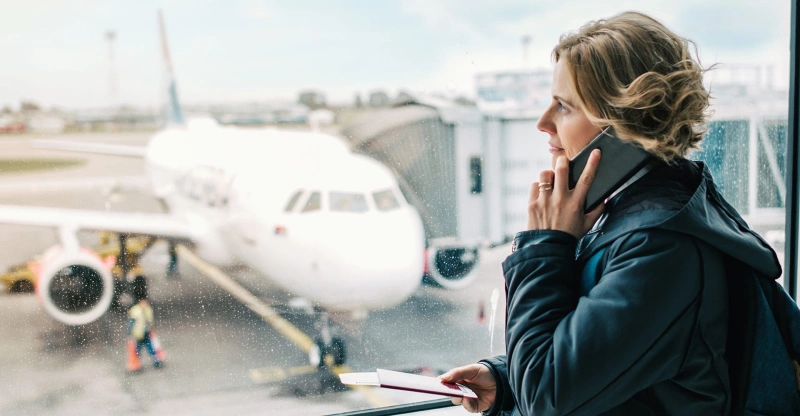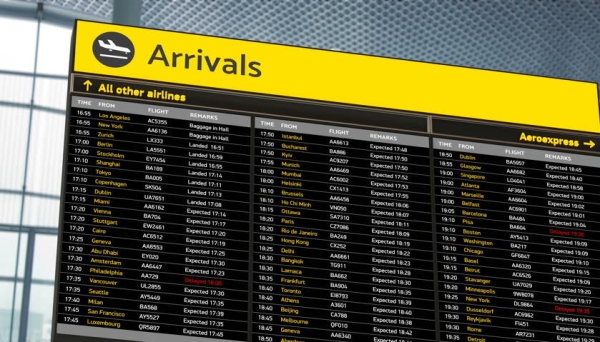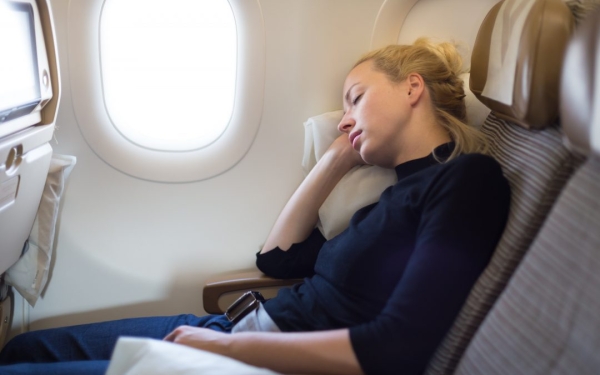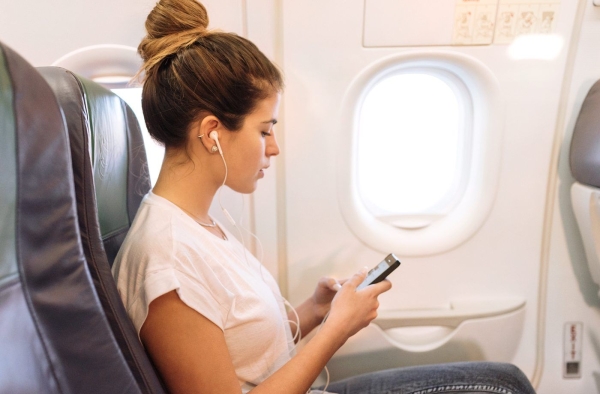
How to avoid Jet Lag during long flights?
Jet lag is impossible to completely avoid. But you can lessen its effects. Try these recommendations:
Before your vacation, start adjusting your light exposure

By managing your exposure to light and darkness before traveling, you may trick your body clock and transition into a new time zone as rapidly as feasible. You can determine the timetable modification that will be most beneficial for you and your journey. You may also easily follow your schedule adjustment by downloading the free Entrain app to your smartphone.
If you're going east, think about melatonin supplements. Your brain naturally produces the hormone melatonin. Less is more when it comes to melatonin supplementation for jet lag since it works best in low dosages. To be more effective, it must also be taken at the appropriate time, which is 13 hours before the time you want to wake up. Take 0.5 mg of melatonin. Higher doses may result in various issues and won't make it any easier or faster to fall asleep.
Schedule your flight
Whenever possible, plan your travel so that you arrive at your destination around the time you typically get up. It is common practice to book flights that go through several time zones to land in the morning. You might have to leave your house at an unexpected hour because of this. However, keep in mind that your arrival time is crucial if you want to minimize the impacts of jet lag.
Try to get some rest during the flight
Preferably, you should awaken as your plane touches down at your destination in the morning. Use a sleep aid if you require it. But once you get there, don't rely on one. Stay busy if you can't sleep on the plane. Regularly extend your arms and legs by walking around.

Since you don't have enough time to fully adjust, this can further mess with your internal clock. The best flights are non-stop or have just enough time to change planes.
Avoid drinking alcohol, caffeinated drinks, and coffee while flying

Avoid them when you first arrive at your location and at the airport bar as well. Drink lots of water or other non-dehydrating beverages in its place. The effects of jet lag might be made worse by dehydration.
Don't stay indoors if it's daylight when you get to your destination!
Be active and go around

For your body's clock to adjust, get as much strong light in the morning and afternoon as you can. Even though your stomach might not be ready for food when you first get there, it's still crucial to try to eat when you normally would. This is due to the fact that eating also influences the internal clock. Just be mindful not to overeat.
Take fewer naps in the days after your arrival
However, taking a nap for longer than 30 minutes can prevent you from going to sleep at night. Try to remain up till your regular bedtime and rise early the next morning.
Bring a sleep mask and earplugs.
Even if your body doesn't feel like it's ready, these can help you fall asleep.
Also Read: 6 Family Travel tips for Vacation With Loved Ones















